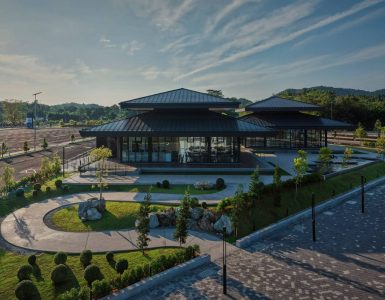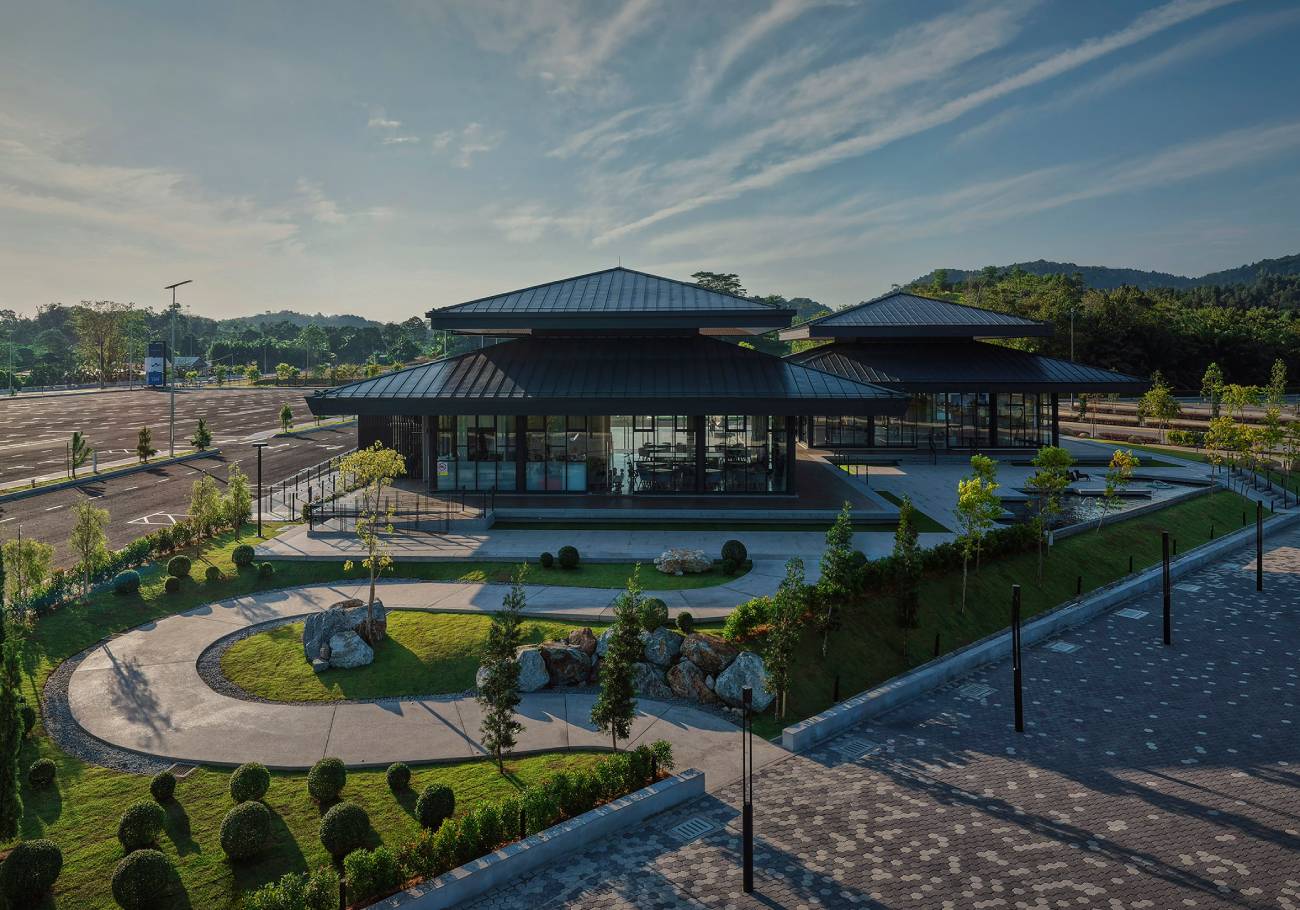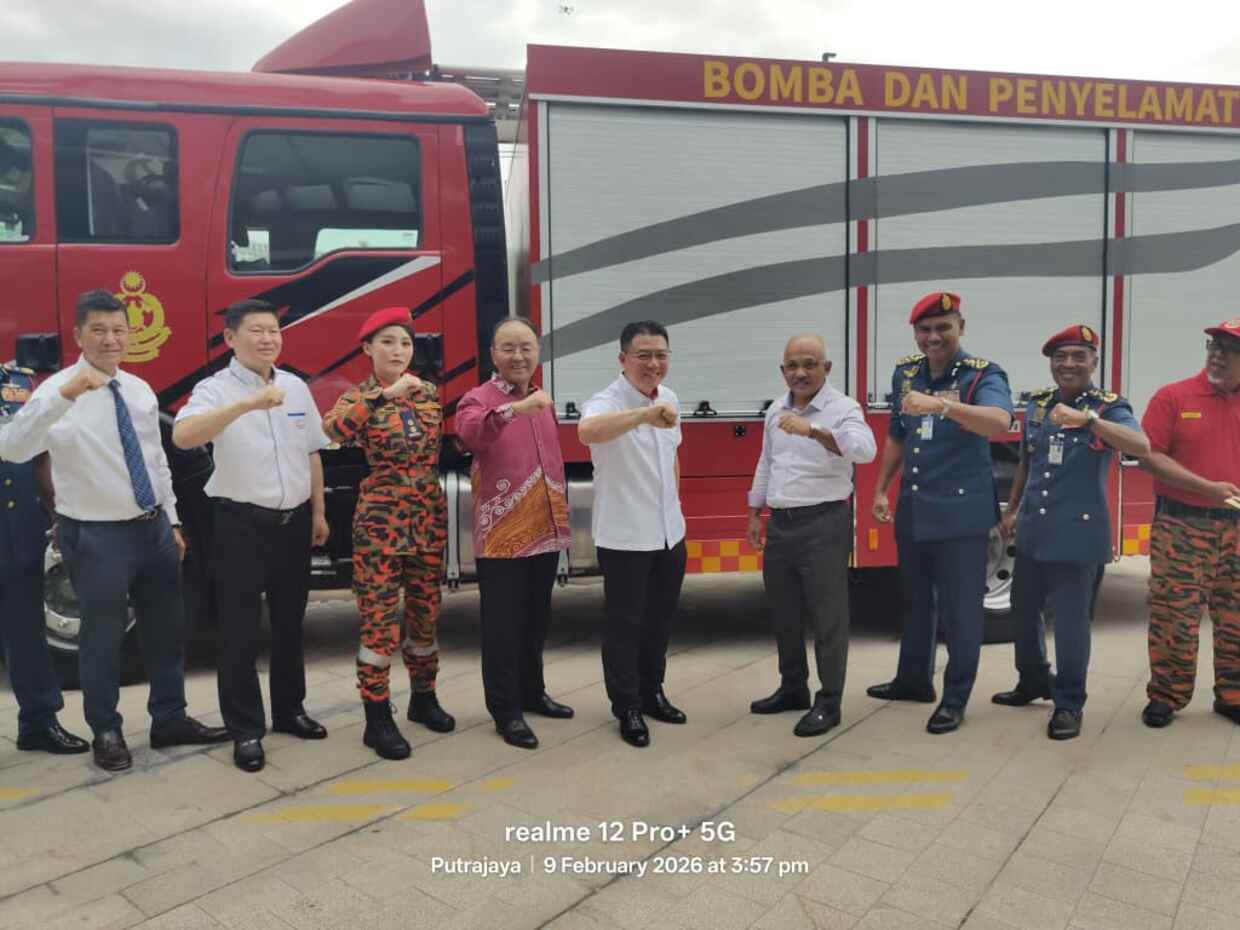Sabah’s Penampang District count of shopping complexes retail floor space volume exceeds that of North Borneo’s capital Sandakan in the first quarter of this year 2011.
Penampang has 261,195 sq. ft. edging out Sandakan which has 242,906 sq. ft. of retail space.
However the occupancy rate of shopping complexes saw Sandakan overtake Penampang slightly with 71.1 percent to 70.5 percent for retail floor space.
Sandakan also has a higher population of 397,555 as of 2010 compared to Penampang’s 122,388 for the same period.
At the same time, Tawau slightly edged out Sandakan with a population of 398,475. Kota Kinabalu has 452,940 people with 1,748,682 people for the rest of Sabah.
Kota Kinabalu still leads in Sabah with 4,511,119 sq. ft. of retail space representing 79.6 percent of the total existing retail space in Sabah, followed by Tawau in excess of 300,000 sq. ft.
Total existing retail space in Sabah as at the first quarter of 2011 amounted to 5,670,463 sq. ft. within 38 shopping complexes comprising about 91.0 percent. Hypermarkets accounted for 8.7 percent while arcades like Lintas Station accounted for 0.3 percent.
Total existing retail space in Malaysia was at 116.06 million sq. ft. as at the first quarter of 2011. Occupancy rate averages 80.1 percent since 2010. Papar registered the highest occupancy rate for retail floor space with a near perfect 100 percent followed by Tawau at 96.5 percent and Kota Kinabalu at 84.7 percent.
By 2014, at least another two shopping malls will be completed and open in Kota Kinabalu – The Mall @ KK Times Square with a net lettable area of 670,000 sq. ft. and the Oceanus Waterfront Mall @ the City Waterfront with a net lettable area of 249,473 sq. ft.
By 2015, the Jesselton Waterfront will have another 100,000 sq. ft. of retail floor space over three levels. Another mall dubbed 1Likas is being launched soon. If the abandoned project KK Mega Mall in Likas is revived, another estimated 346,000 sq. ft retail floor space can be added on to Kota Kinabalu’s shopping scene.
It was not known why the average annual population growth rate for Penampang for 2000-2010 is the highest for Sabah at 3.90 percent. It could not be just because of the stout shops. Migrants could be a reason. But the high rate is supportive of the growing number of shops and homes.
For the same period 2000-2010 the average annual population growth rate for Kota Kinabalu is estimated at 2.42 percent, Tawau at 2.67 percent, Sandakan at a lower 1.30 percent. The rest of Sabah averages 2.43 percent.
Sandakan’s falling annual population growth rate may slow down the current local demand for retail floor space. Sabah’s annual population growth rate has decreased – for 2000-2010 averages at 2.34 percent down from 3.92 percent for the period 1991-2000.
During the period 1991-2000, the average annual population growth rate for Kota Kinabalu is 5.89 percent, Penampang at 5.78 percent, Tawau at 2.45 percent, Sandakan at 4.98 percent and for the rest of Sabah at 3.51 percent.
Malaysia’s population stood at 27.57 millions in 2010, of which, about 7.04 million or 25.5 percent are in the Klang Valley.
In 2010, Sabah has a total of 3.12 million population which is about 11.3 percent of the total population in Malaysia.
This may not include undocumented migrants and foreign labour. In 1991, Sabah had a population of 1,734,685. In 2000 Sabah had a population of 2,468,246. Kota Kinabalu has 14.5 percent of the population in Sabah.
These reasons were cited by most real estate financial gurus on where to go for any property purchase scheme of zero deposit down payment and most point primarily to the Klang Valley as it has more than a quarter of Malaysia’s population where the volume of transaction is huge compared to Sabah.
The important factor is that the purchase scheme of zero deposit down payment works best in a high growth high population area where tenancy is easy and capital appreciation prospects are better.












